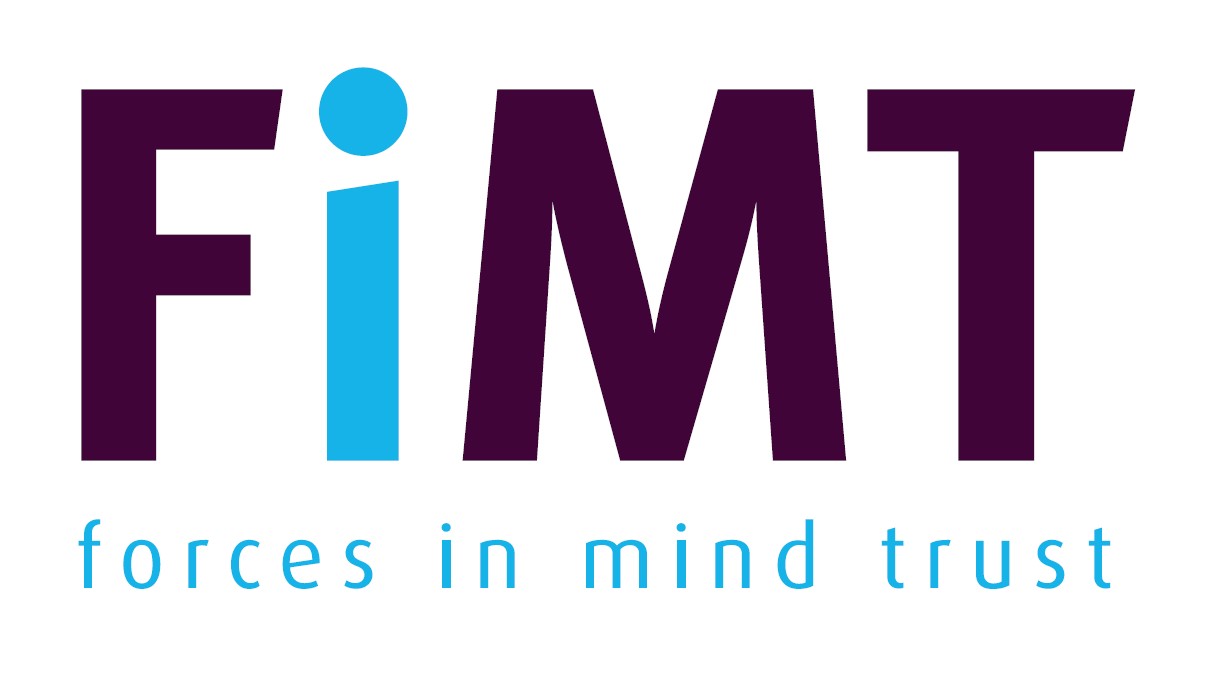Birmingham Community Healthcare NHS Foundation Trust (BCHC) has teamed up with the Defence Medical Welfare Service (DMWS) and the Tavistock Institute to pilot a new model of care to support our local armed forces community with a £97,507 grant from the Forces in Mind Trust (FiMT).
A newly-appointed ‘healthcare navigator’ will lead an initiative to raise awareness of the needs of the armed forces community among NHS primary care staff and develop a dedicated service to help serving personnel, veterans, reservists and their families access a range of health, social and third sector support.
A key part of the armed forces navigator’s role will be to strengthen links between the wider military community and GPs, improving access to key NHS services and upholding the commitments to the armed forces set out in the NHS constitution.
Each year approximately 17,000 people leave the UK Armed Forces. The vast majority transition successfully into civilian life. However, some need additional support. Recent studies have highlighted that members of the armed forces community may:
- be more likely to misuse alcohol compared to the general population
- be more reluctant to engage with healthcare services when illness or injury is presented
- have common mental health disorders or Post Traumatic Stress Disorder attributable to service or through the transition process
- have physical healthcare issues associated with service – musculoskeletal, hearing or sight loss.
The pilot aims to:
- evaluate the role and impact of a primary care armed forces community navigator
- test a new model of support to identify and address the health, social care and wellbeing needs of members of the armed forces community accessing primary care
- improve primary healthcare workforce training and awareness in respect of the needs of the armed forces community
- assess needs, provide support and enable access to appropriate services and support
- provide a holistic approach by supporting the individual service user and their family
- identify gaps in availability and accessibility of required services, and assess the level of disadvantage faced by this community
- support the work of NHS England in promoting and implementing the use of armed forces coding within primary care.
Scott Thornton, armed forces healthcare project manager said: “There are cultural aspects of service life that GPs and the primary care workforce can learn about that will enable them to better support patients and their families from an armed forces background.
“The project aims to place the armed forces community at the centre of future NHS planning by raising awareness and understanding of its health and social care needs, particularly among healthcare commissioners.”
“More importantly, there is a wealth of support and experience within the armed forces community to help others – particularly former service personnel who need help accessing housing, education and employment.”
Ray Lock CBE, Chief Executive of Forces in Mind Trust, says: “This is an exciting and wide-ranging feasibility study, which we are very pleased to support as it offers an innovative approach to improving the support for ex-Service personnel and their families as they transition into civilian life. Improving their access to health services, and the understanding of healthcare providers of their needs, are both important contributors to better transition outcomes. Only with proper and credible knowledge of these needs can we hope to support ex-Service personnel and their families lead successful and fulfilled civilian lives.”
Paul Gaffney, Director of Strategy and Planning of Defence Medical Welfare Service, said: “The Defence Medical Welfare Service (DMWS) is delighted to be working with the Forces in Mind Trust and Birmingham Community Healthcare NHS Foundation Trust on such a worthwhile project. Supporting the Welfare needs of those that serve our country is what we have been delivering throughout our long 74 year history.”
Notes to Editors
About the Forces in Mind Trust (FiMT):
FiMT came about from a partnership between the Big Lottery Fund (‘the Fund’), Cobseo (The Confederation of Service Charities) and other charities and organisations. FiMT continues the Fund’s long-standing legacy of support for veterans across the UK with an endowment of £35 million awarded in 2012. http://www.biglotteryfund.org.uk/.
The mission of FiMT is to enable ex-Service personnel and their families make a successful and sustainable transition to civilian life, and it delivers this mission by generating an evidence base that influences and underpins policy making and service delivery.
FiMT awards grants (for both responsive and commissioned work) to support its change model around 6 outcomes in the following areas: Housing; Employment; Health and wellbeing; Finance; Criminal Justice System; and Relationships.
All work is published in open access and hosted on the Veterans’ Research Hub. A high standard of reportage is demanded of all grant holders so as to provide a credible evidence base from which better informed decisions can be made.
Useful links
- Website: www.fim-trust.org
- Reports: www.fim-trust.org/reports/
- Who we have helped: www.fim-trust.org/who-we-have-helped/
- Twitter: @FIMtrust
DMWS
The Defence Medical Welfare Service (DMWS) has nearly 75 years of experience in supporting those who serve. DMWS currently provide welfare support to serving personnel and their families when they enter hospital. They are passionate about supporting the Armed Forces Community and aim to extend their experience to other arenas such as GP practices.
As a DMWS employee, the armed forces healthcare navigator will complete a Diploma in Welfare Studies and Mental Health First Aid Course as part of their training. The armed forces healthcare will be deployed to GP practices in South Birmingham to raise awareness of the Armed Forces Community, engage the Primary care workforce and support those identified along their healthcare pathway. www.dmws.org.uk
Tavistock Institute
The Tavistock Institute of Human Relations applies social science to contemporary issues and problems. It was established as a not-for-profit organisation with charitable purpose in 1947.
The Institute is engaged with evaluation and action research, organisational development and change consultancy, executive coaching and professional development, all in service of supporting sustainable change and ongoing learning. www.tavinstitute.org

















